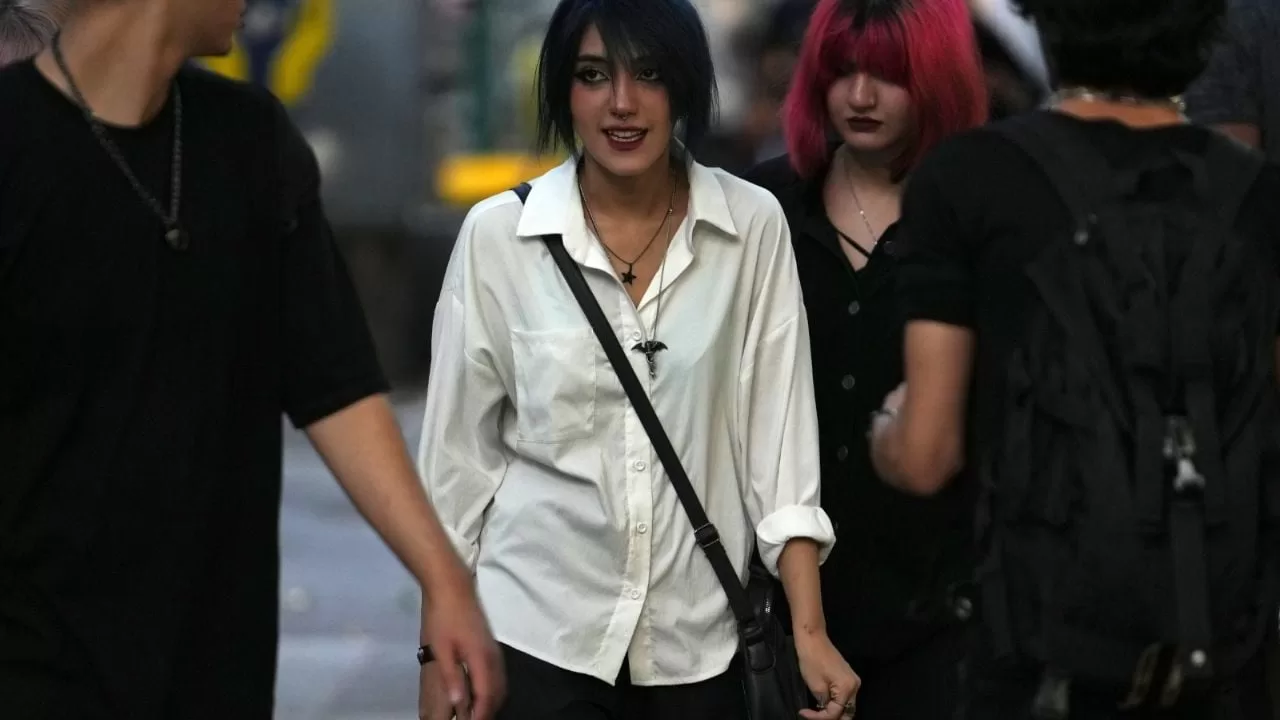TEHRAN (AP) — For months, Iranian authorities did little to enforce a law mandating women cover their hair, but now the country’s theocracy is pushing to make business the new battleground over the headscarf. obligatory islamic.
The initiative is carried out ahead of the first anniversary of the nationwide demonstrations that broke out after the death on September 16 of Mahsa Amini, who was in the custody of the morality police in the country. The repressive measures applied by the security forces resulted in the death of more than 530 people and more than 22,000 were arrested.
In these days, when it is common to see women without the veil on the streets of Tehran, the authorities have begun to raid companies in which employees or customers have been seen without the headscarf, known as hijab. Iran’s parliament is considering a law that would increase penalties for women who don’t wear it and the businesses they frequent.
All of this could fuel fresh unrest, as new parliamentary elections loom next year and the country’s economy is struggling under the weight of international sanctions imposed over its nuclear programme.
“If I face sanctions and punishment, I will wear the veil, as I am in a…prominent position,” said Parvaneh, a doctor who treated protesters injured during protests last year. Like several other women who spoke to The Associated Press, she asked that only her first name be used for fear of retaliation.
“But the young women I served during the protests will not back down,” he added.
For practicing Muslim women, the Islamic headscarf is a sign of devotion to God and modesty towards men who do not belong to their families. In Iran, the hijab—and the full-length black chador that some of them wear—has also long been a political symbol, especially after its wearing became mandatory in the years following the hijab. Islamic Revolution of 1979.
Following the death of Amini, who was detained for allegedly wearing her veil loose, police hesitated to strictly enforce Islamic dress regulations, possibly to prevent even more widespread demonstrations and defiance. But in recent weeks, the tone has changed.
“I tell you that this lack of hijab will definitely end,” hardline President Ebrahim Raisi said on Wednesday.
Authorities have begun sending warning text messages to women who have been seen in cars uncovered; approximately 1 million messages were sent. Some 2,000 cars were confiscated and more than 4,000 women were referred to prosecutors.

